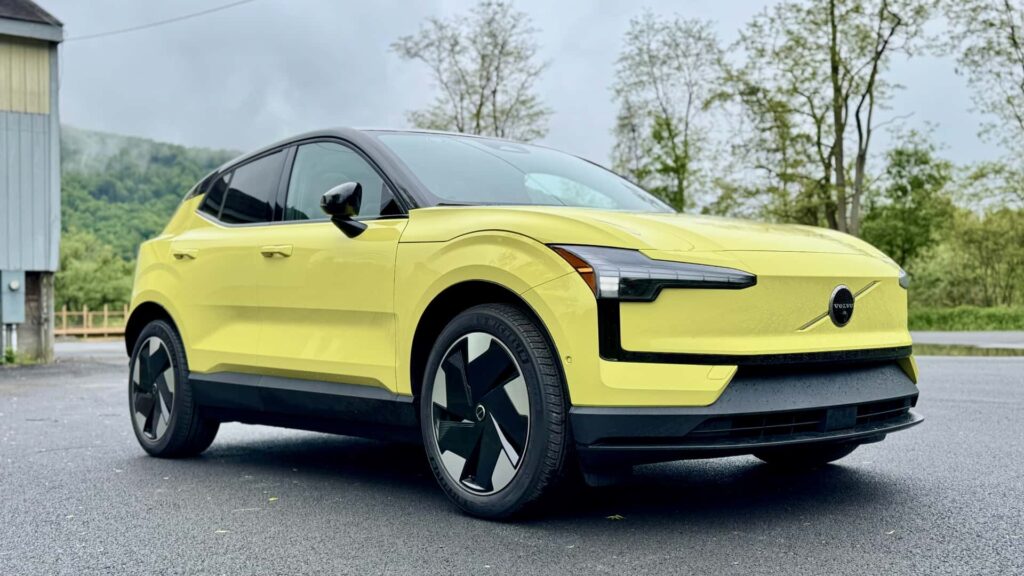The Volvo EX30 electric SUV was initially announced with a price tag of $34,950, which seemed like a great deal. However, unforeseen circumstances have now made this price point unattainable. The United States has imposed heavy tariffs on imported vehicles, affecting Volvo’s plans for the EX30.
The first blow came in the form of a 100% tariff on EVs made in China, forcing Volvo to abandon its initial plan of selling China-built EX30s in the US. Subsequently, the company invested in ramping up production in Belgium to cater to the US market and a cautious Europe, only to face another setback with American tariffs.
With the recent implementation of a 25% blanket tariff on imported vehicles and the threat of a 50% tariff on EU goods by President Trump, Volvo’s CEO, Hakan Samuelsson, expressed concerns about the escalating costs. These additional tariffs are likely to increase the price of the EX30, making it less affordable for consumers.
The automotive industry operates on thin profit margins, typically around 6%, making it challenging for companies to absorb the impact of such high tariffs. As a result, they may have to either stop importing vehicles, leading to reduced competition and higher prices, or pass on the tariff costs to consumers.
European automakers, including Volvo, are facing a challenging situation, and even American companies are not immune to the negative effects of these tariffs. However, Samuelsson remains optimistic that a trade deal will be reached soon, as it is not in the best interest of either the US or the EU to disrupt trade relations.
While there are valid arguments for promoting domestic production, sudden and excessive tariffs can significantly raise prices in the short term. A more strategic approach towards incentivizing domestic manufacturing could be beneficial, rather than pressuring automakers to relocate factories abruptly. Moreover, imposing costly tariffs on European, Japanese, South Korean, and American automakers could potentially strengthen China’s position in the market.
As Volvo is owned by China’s Geely Holding Group, a major player in the Chinese automotive industry, the company is unlikely to face financial difficulties due to the tariffs. However, for American consumers seeking affordable EV options, these tariffs may limit their choices in the market.
In conclusion, the impact of tariffs on imported vehicles is a complex issue that has far-reaching consequences for the automotive industry. While Volvo remains resilient, the future of affordable EVs in the US market may be at risk due to escalating trade tensions. For more information, readers can reach out to the author at Mack.Hogan@insideevs.com.

